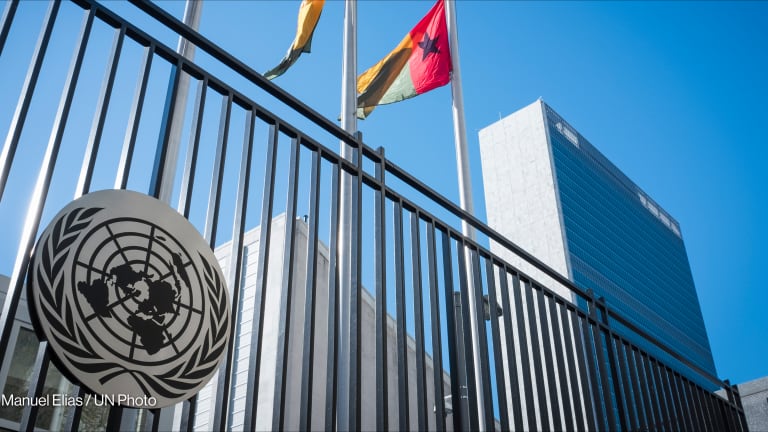The average length of conflict is seven years. So when it comes to prevention, risk reduction and preparedness in conflict or post-conflict zones, how can development organizations be better supported to help build robust long-term strategies?
In an exclusive video interview, United Nations Assistant Secretary-General and U.N. Development Programme Assistant Administrator, Crisis Response Unit, Izumi Nakamitsu told Devex Global Advisory and Analysis Director Pete Troilo that more can be done — in both supporting basic service delivery and livelihoods.
With more investment, she said, local communities have better coping mechanisms.
“If people have a choice between becoming dependent on lifesaving humanitarian assistance, or if they can actually have employment, and … earn their income, they would definitely choose the latter,” she added.
Watch the video clip above for more on Nakamitsu’s case for innovative private sector engagement and how this could turn into a win-win situation.
Following the World Humanitarian Summit, Devex — along with its partners Deloitte, Ericsson, United Nations Development Programme, and United Nations Office for the Coordination of Humanitarian Affairs — have come together for #ShareHumanity. This six-week online conversation explores the role the private sector plays in humanitarian relief efforts, preparedness and response, both now and in the future.
Use #ShareHumanity and tag @devex to have your say.






